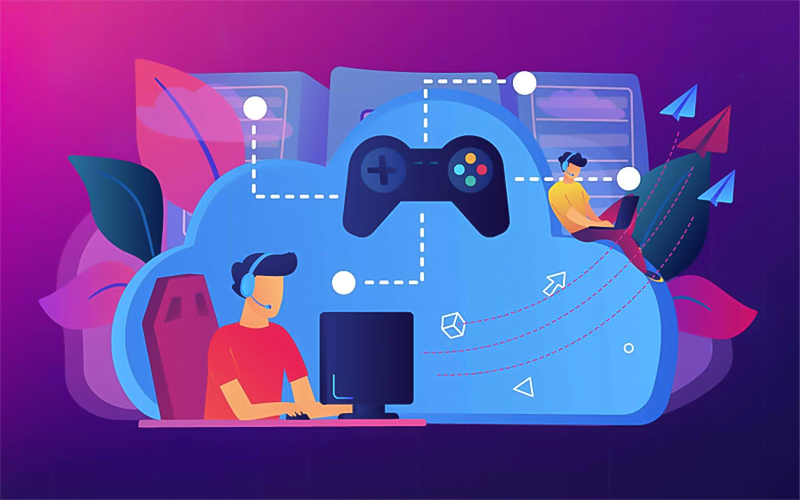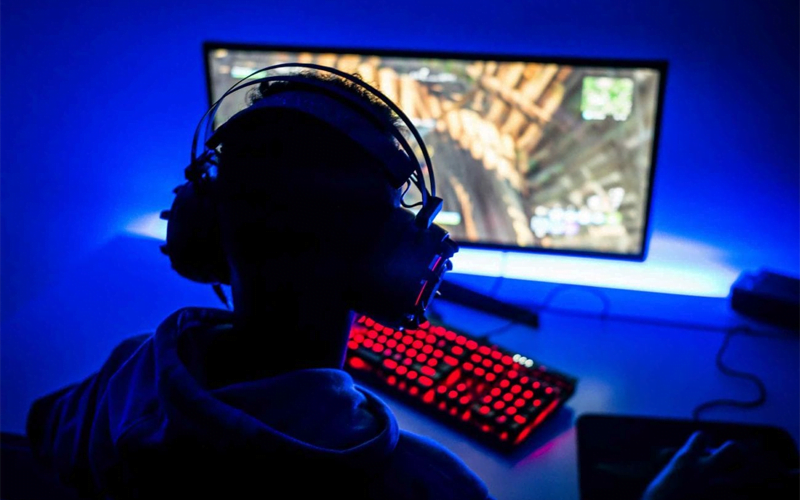
The impact of online games on people’s social behavior has been the subject of numerous research and discussions. Numerous studies have shown that these games, even those played online, have a greater societal impact than they do as mere forms of amusement. The research tends to clarify social repercussions, both good and bad. Let’s get started and look at how social habits are impacted by online games!
Brief History of Online Gaming
Video games were initially created in the past as an alternate kind of entertainment. Whether it was to challenge a friend for high scores or just show off complex fighting game combos, both hobbies were meant to pass the time and promote social interaction with peers. As technology advanced, video games did as well. They became more complex as time went on, adapted to greater graphics, and showed at least a passing affinity for realism.
In addition to being a way to amuse oneself, online games serve as a communication center where people from all over the world may communicate in a single, virtual universe.
Effects on Human Mind
Contrary to popular belief and extensive media attention, scientific research has shown that gaming has a number of cognitive and Psychological implications. The impact can vary depending on the kind of game played; for instance, first-person shooters like Call of Duty are known to have greater positive effects than more laid-back online games like Minecraft. In this section, we’ll go over some of those specific advantages.
Awareness of Space
According to studies, playing online games has a significant impact on players’ thoughts. One of the advantages of playing online games for players is an enhancement in their visual-spatial ability, more often known as spatial awareness.
Being aware of items in space in relation to one’s position in that place is known as having spatial awareness. A person’s capacity for natural perception gives them the ability to respond to the things around them.
An online game needs players to be attentive to the game’s virtual world, frequently keeping an eye out for traps, moving foes, and surprise attacks. This can help players become more spatially aware.
The cognitive abilities of both gamers and non-gamers were tested and found that gamers are generally faster at tracking many objects at once. They also discovered that players can focus better on the task at hand by quickly eliminating pointless items from their environment. They also exhibited greater effectiveness in moving between tasks, commonly referred to as attentional flexibility.
Skills in Visual Analysis:
Online games are better at visual analysis and problem-solving through environmental analysis. The strong mental activity that is associated with players focusing their visual attention in the game’s environment and stifling distraction, is directly tied to these benefits.
Mental Wellness

Aside from creative teaching strategies, online games are being considered a potential remedy for mental health issues, including enhancing dyslexic children’s reading skills, because they have been demonstrated to significantly enhance a player’s visual attention capacity.
Despite these implications, playing online games is not always enjoyable, and there is always the possibility of unintended consequences.
Influence on Aggression
Playing violent online games can have a negative effect on individuals and frequently alter how they interact with others in real life. Online first-person shooter games, action role-playing games, and horror games are frequently thought of as violent games.
Behavior Issues: Internalized vs. Externalized
Externalized behavioral problems include hyperactivity and unchecked aggressive tendencies, whereas internalized behavioral difficulties relate to behavioral issues like anxiety and sadness. The kinds of games that players frequently play will determine how these behavioral issues affect them. On the other hand, playing violent action role-playing games will make players more likely to test out the scenarios in real life.

Adverse effects on academic performance
There is a growing body of evidence that suggests that online gaming can have a negative impact on studies. Students who play online games are more likely to have lower grades and are more likely to be less engaged in school.
While there is no definitive answer as to why this is the case. The first impact of online gaming is that can be addictive and can lead to gamers spending less time on their studies. Another impact is that online gaming can lead to social isolation, which can in turn lead to poor academic performance.
Whatever the reason, it is clear that online gaming can have a negative impact on studies. Parents and educators should be aware of this and should monitor their child’s gaming habits.
Online games have unquestionably shaped the digital age, for better or worse, and they can have a favorable impact on someone’s personality or social skills. Additionally, when online games develop and their vast libraries expand, Online gaming will undoubtedly continue to have an effect on how we behave in social situations.